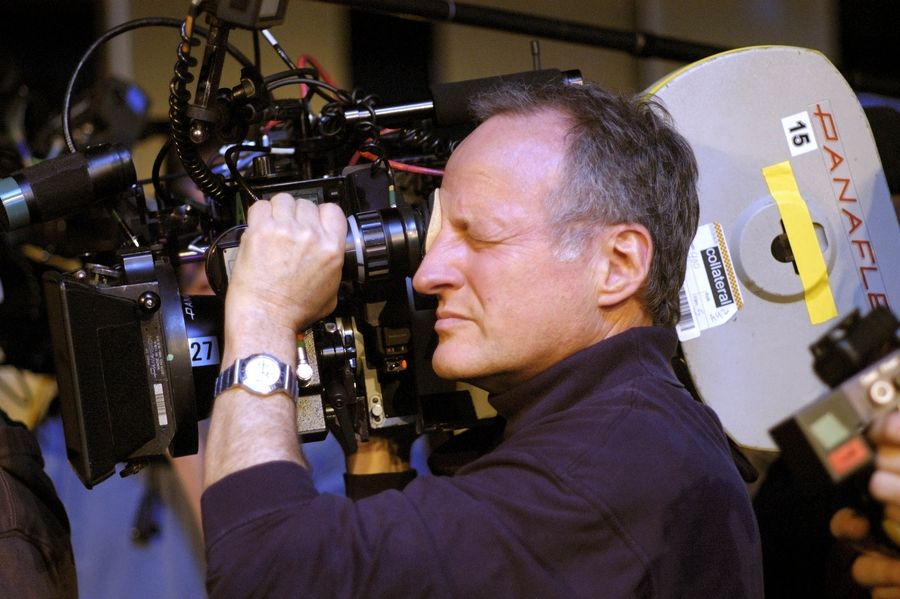Michael Mann breaks down Will Smith’s “really ballsy” performance as Muhammad Ali
 Posted On
Posted On
(Credit: Alamy)
When Will Smith signed up to play Muhammad Ali in Michael Mann‘s 2001 biopic Ali, he knew he was undertaking something truly massive. There aren’t many people in history more iconic than Ali – and in the world of boxing, he has always been the icon. The knives would have been out for Smith if he hadn’t convincingly transformed himself into the legendary pugilist. On top of that, the process under Mann – a noted perfectionist – was always going to be gruelling. This is why Mann later paid Smith the highest compliment by declaring his performance to be “really ballsy”.
For starters, Smith doesn’t sound anything like Ali, whose trash-talking promos are now seen as forebears of modern hip-hop music. In 2017, Mann told Rolling Stone, “There was dialect training. When Will and I started pulling apart recordings of Ali, we realised that not only were his raps complex, but he would rotate between narrative perspectives. Sometimes he’s like a Southern folklorist, other times he’s an objective narrator, and then occasionally he’s a third character altogether – sometimes all in the same rhyme!”
Mann also immersed Smith in the political climate in the late 1950s and 1960s, when the movie is set. The actor spoke with prominent Black Panther activist Geronimo Pratt and studied Islam, which Ali converted to in ’61. Mann said, “It was a crash course in what the times were and what the politics were.”
Obviously, though, the main aspect of Ali that Smith had to nail was the boxing. Over the course of nearly a year, he set about doing everything in his power to sculpt his body to look like Ali while also training hard to move like him. Mann admitted, “Will would box every single morning, about four or five hours.”
Fascinatingly, due to Smith being proportioned differently to Ali, it was a tall order to mimic his incredibly fleet feet in the ring. Mann explained: “Will has a totally different build, so naturally, his foot movements are going to be different. He’s not going to be as naturally agile, and that’s such a big part of Ali’s style – he moved and feinted like a lightweight and hit like a heavyweight, which is what made him so unique.”
To work on the issue, Mann sent Smith to some of the trainers who actually worked with Ali back in the day. In addition, he also embarked on a unique reflex training regime with a doctor from UCLA who once boxed in the Olympics. Mann marvelled, “He devised a loop of Ali’s head-and-shoulder feints, which Will would watch for ten minutes every night before he went to bed. After two weeks, he was suddenly able to do those moves. I have no idea how or why that works on the subconscious, but it worked.”
At the core of Mann’s philosophy was that Smith wouldn’t just play a boxer; he would essentially become one. Indeed, becoming Ali included Smith acknowledging that, sometimes, he’d have to take a punch. As Mann said, “A fighter has to take a hit, and it took him nine, ten months to get there, but by the end, he could certainly take a hit.”
Through this bravery and total commitment to the role, Smith was able to embody Ali so completely that he wound up receiving an Academy Award nomination. Mann was very happy with his star and paid tribute to his efforts. He said: “It was just a tremendously brazen, courageous ambition for Will. This guy is obviously a gigantic figure, he’s somewhat elusive and you’re going to presume that you can play Muhammad Ali?!? It’s really ballsy, and to Will’s credit, he took it on.”
[embedded content]
Related Topics


